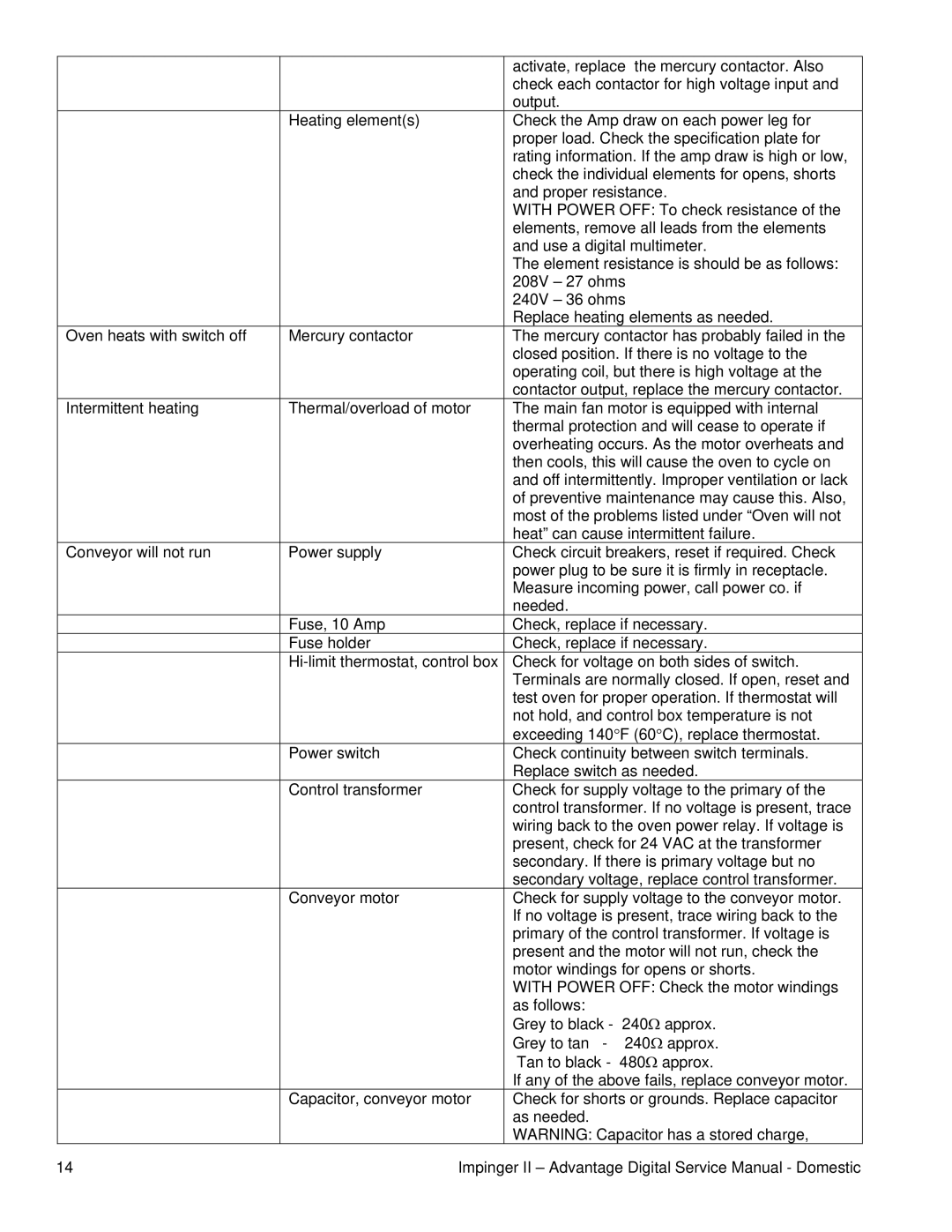1117-000-A, 1132-000-A, 1130-000-A, 1131-000-A, 116-000-A specifications
The Lincoln 1100ADVSVC, 1117-000-A is a cutting-edge vehicle model that reflects the perfect blend of luxury, performance, and advanced technology. Designed for discerning drivers, this model encapsulates what modern automotive engineering can achieve with a focus on sustainability, comfort, and innovation.One of the standout features of the Lincoln 1100ADVSVC is its powerful hybrid engine that significantly reduces emissions while delivering exceptional performance. The vehicle combines a traditional internal combustion engine with an electric motor, allowing for seamless transitions between fuel types depending on driving conditions. This dual-system not only enhances fuel efficiency but also provides an engaging driving experience, ensuring that power is readily available whenever needed.
The Lincoln 1100ADVSVC is equipped with Lincoln’s renowned all-wheel-drive system, which offers improved traction and stability on various terrains, making it suitable for both urban environments and adventurous outings. This capability is complemented by an advanced adaptive suspension system that automatically adjusts to road conditions, ensuring a smooth and comfortable ride.
In terms of interior features, the Lincoln 1100ADVSVC boasts a lavishly appointed cabin with premium materials and spacious seating for all passengers. The use of high-end leather, meticulously crafted wood accents, and state-of-the-art infotainment options creates an atmosphere of refined luxury. The expansive touchscreen interface integrates seamlessly with connectivity features, allowing easy access to navigation, music, and communication apps.
Safety remains a top priority with the Lincoln 1100ADVSVC. It comes equipped with numerous advanced safety technologies, including adaptive cruise control, lane departure warning, and automatic emergency braking. These features are designed to not only assist the driver but also prevent accidents, providing peace of mind on every journey.
Another noteworthy characteristic of the Lincoln 1100ADVSVC is its emphasis on driver assistance and semi-autonomous features. With the latest advancements in autonomous driving technology, this model offers options that can significantly reduce the need for manual operation in certain driving situations, paving the way for a more relaxed commuting experience.
Overall, the Lincoln 1100ADVSVC, 1117-000-A represents the pinnacle of modern luxury vehicles. With its stunning aesthetics, robust performance, and innovative technologies, it continues to set new standards in the automotive landscape, appealing to those who seek both extravagance and practicality in their driving experience.
